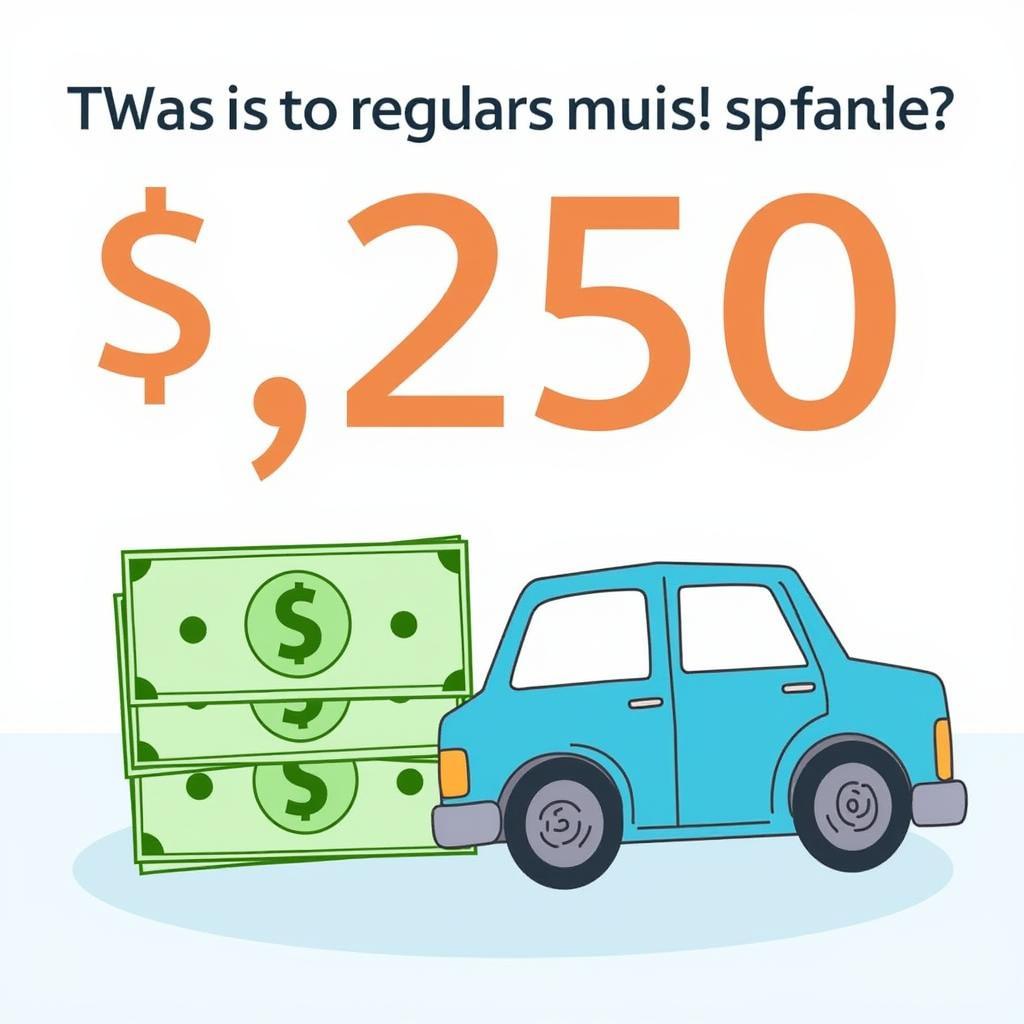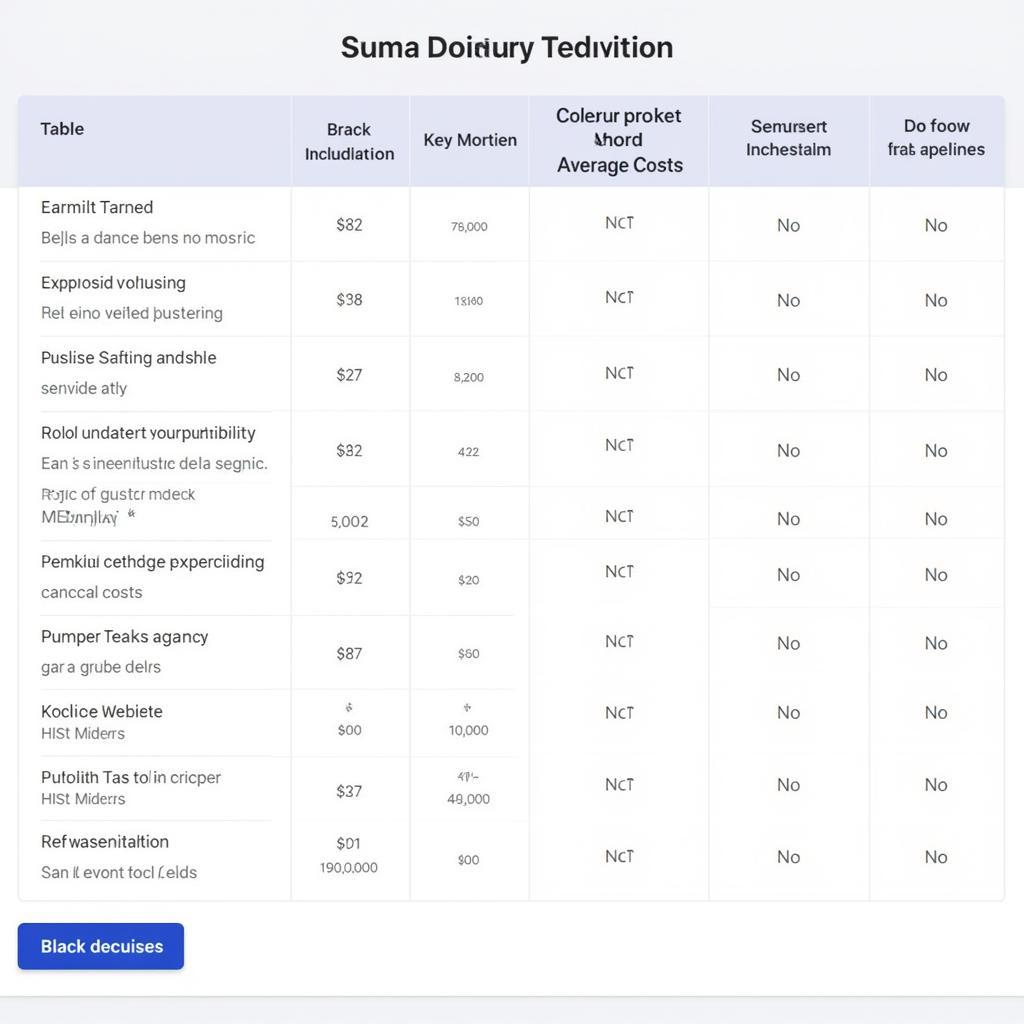Does Servicing Your Car Improve Fuel Economy?
Fuel efficiency is a major concern for car owners, especially with rising gas prices. While many factors affect how many miles you get per gallon, regular car servicing plays a crucial role. But does servicing your car actually improve fuel economy? The short answer is yes, but the “how” is worth exploring.
How Car Servicing Boosts Fuel Efficiency
A well-maintained car is a fuel-efficient car. Regular servicing ensures all components are working optimally, which directly translates to better gas mileage. Here’s how:
- Optimized Engine Performance: A well-tuned engine burns fuel more efficiently. Regular oil changes, air filter replacements, and spark plug checks ensure your engine is running smoothly and maximizing fuel combustion.
- Reduced Friction: Fresh oil lubricates moving engine parts, reducing friction and improving fuel economy. Similarly, worn-out belts and hoses can put extra strain on the engine, decreasing efficiency.
- Proper Tire Pressure: Under-inflated tires create more rolling resistance, forcing your engine to work harder and consume more fuel. Regular tire pressure checks during servicing help maintain optimal tire pressure for improved fuel efficiency.
- Clean Fuel System: Over time, dirt and debris can clog the fuel injectors and fuel filter, hindering fuel flow and combustion. A fuel system cleaning as part of your car service can significantly improve your car’s fuel economy.
The Cost Savings of Regular Car Servicing
While car servicing does involve an upfront cost, it’s an investment that pays off in the long run through improved fuel efficiency.
Consider this: a car that gets 25 miles per gallon (mpg) will cost around $2,500 per year in fuel (assuming gas is $4 per gallon and you drive 15,000 miles). If a car service improves your fuel economy by just 10%, that’s a saving of $250 per year.
 Annual Fuel Savings from Improved Fuel Efficiency
Annual Fuel Savings from Improved Fuel Efficiency
Over the lifespan of your car, these savings can be significant, easily offsetting the cost of servicing and potentially saving you thousands of dollars.
What Gets Checked in a Car Service That Affects Fuel Economy?
A standard car service includes various checks and procedures that directly or indirectly impact fuel economy. Here are some key areas:
- Oil and Filter Change: Fresh oil reduces engine friction, while a new oil filter ensures optimal oil flow.
- Air Filter Replacement: A clean air filter allows for proper airflow to the engine, optimizing fuel combustion.
- Spark Plug Inspection/Replacement: Worn-out spark plugs can cause misfires, leading to reduced fuel economy.
- Tire Pressure Check and Adjustment: Maintaining correct tire pressure minimizes rolling resistance, improving fuel efficiency.
- Fuel System Inspection/Cleaning: A clean fuel system ensures optimal fuel delivery and combustion.
[what do they do in a major car service](https://carserviceo.com/what-do they-do-in-a-major-car-service/)
Beyond the Service: Maintaining Fuel Efficiency
While regular servicing is crucial, your driving habits and car maintenance practices also play a role in fuel efficiency. Here are a few tips:
- Drive Smoothly: Avoid aggressive acceleration and braking, as they waste fuel.
- Maintain a Steady Speed: Use cruise control on the highway whenever possible to maintain a consistent speed.
- Reduce Idling: Turn off your engine if you’re stopped for more than a minute.
- Lighten the Load: Remove unnecessary items from your car to reduce weight and improve fuel efficiency.
- Keep Your Car Clean: A clean car creates less drag, improving aerodynamics and slightly boosting fuel economy.
FAQs
-
How often should I service my car to maintain good fuel economy?
Follow the manufacturer’s recommended service intervals outlined in your car’s owner’s manual. Generally, most cars benefit from a basic service every 6 months or 5,000-7,500 miles.
-
Will using premium gas improve my car’s fuel economy?
Unless your car manufacturer specifically recommends premium fuel, using it won’t necessarily improve your fuel economy.
-
Can driving at lower speeds always improve fuel economy?
While driving at lower speeds can save fuel, driving too slowly can be less efficient. Aim for a moderate speed and maintain a steady pace.
Conclusion
Does Servicing Your Car Improve Fuel Economy? Absolutely. Regular servicing ensures all components are in top shape, maximizing your car’s performance and fuel efficiency. While it requires an upfront investment, the long-term fuel savings, improved performance, and extended lifespan of your car make it a worthwhile investment.

